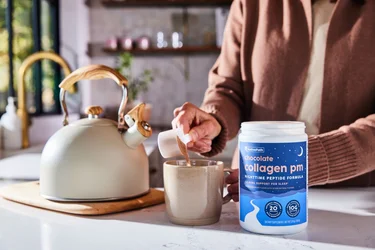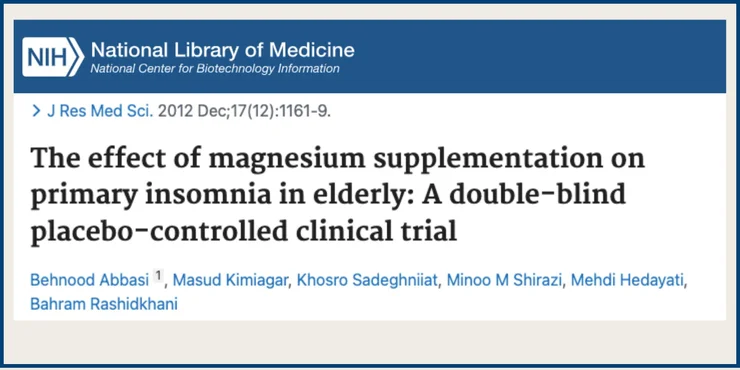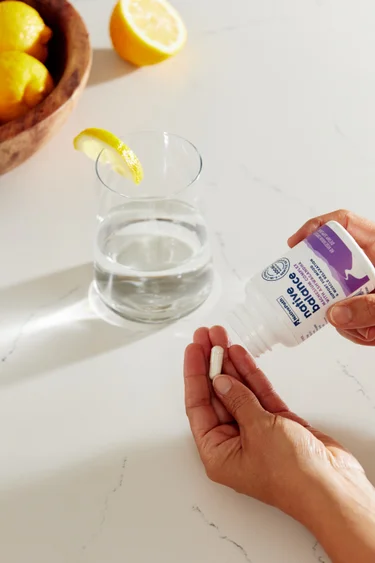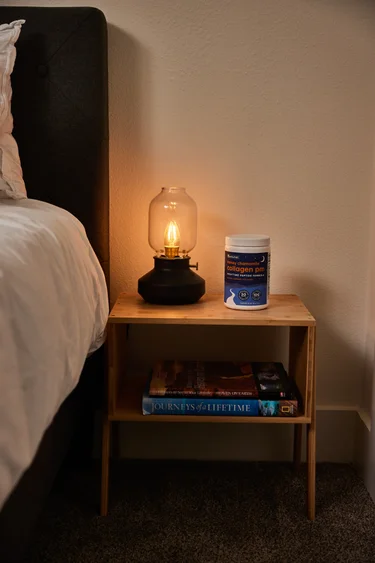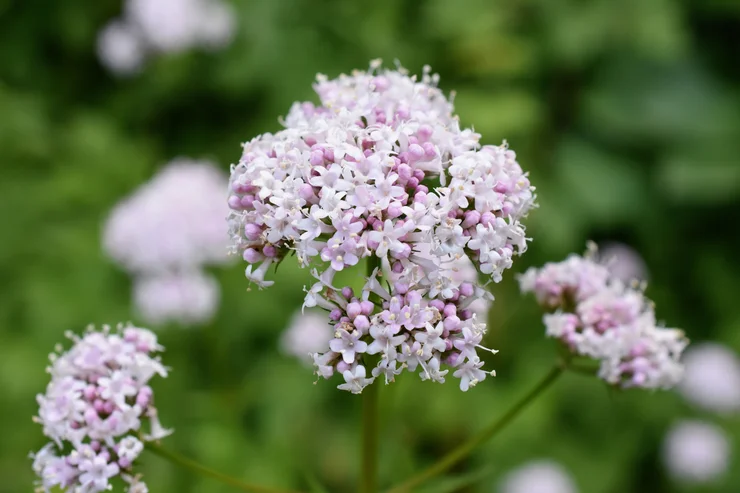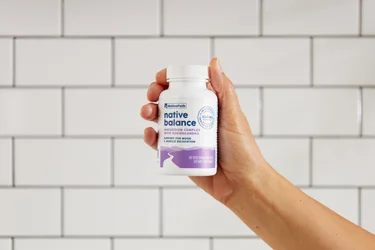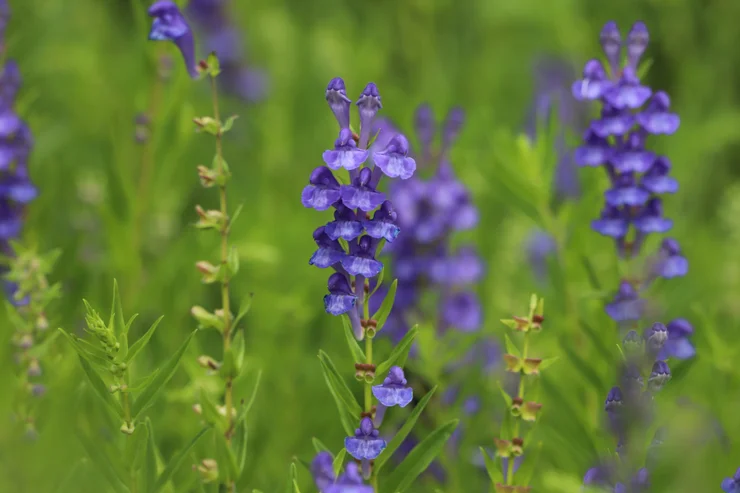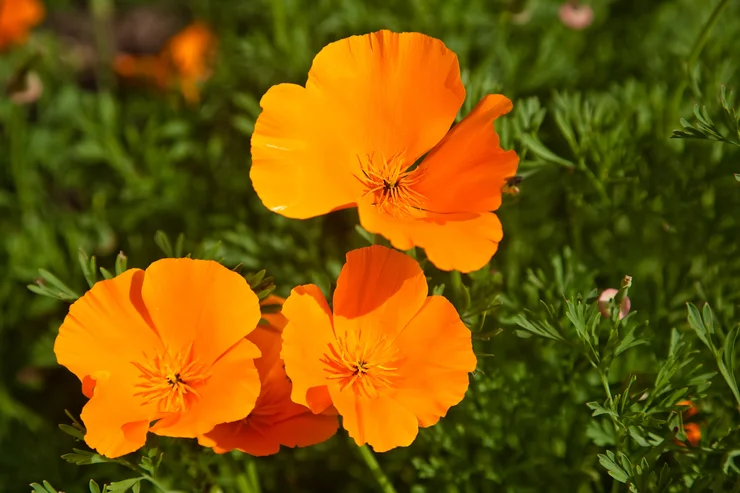Marissa was a 31-year-old new patient who stood in my office, eyeing the cabinets full of dried herbs and shelves of supplements neatly organized for display. She had dark circles under her eyes and an energy drink in her hand. As a Naturopathic physician, I recognize these small cues as important information when conceptualizing the health of the patient in front of me.
Marissa took a sip of her energy drink before explaining that she was a mother to a toddler who was finally sleeping through the night. The only problem was that she was still waking up frequently and struggling to fall back asleep.
I reassured her that her circadian rhythm had gone through a seismic shift with new parenthood. I explained this was a common occurrence and that she wasn’t alone.
Sometimes, the circadian rhythm gets “stuck” and struggles to revert back to normal. Quite simply, Marissa needed a little help to shift her sleep rhythm back to its natural state.
About two weeks later, Marissa came back to my office without an energy drink. Through the vitamins and supplements recommended at our first visit, her sleep was 80% improved. With a little more time, I predicted she would be back to 100% sleeping through the night.
So, what naturopathic tools cracked the code of Marissa’s sleep conundrum? I compiled a list of my top 10 herbs, vitamins, and supplements that may help you sleep a little more soundly.

